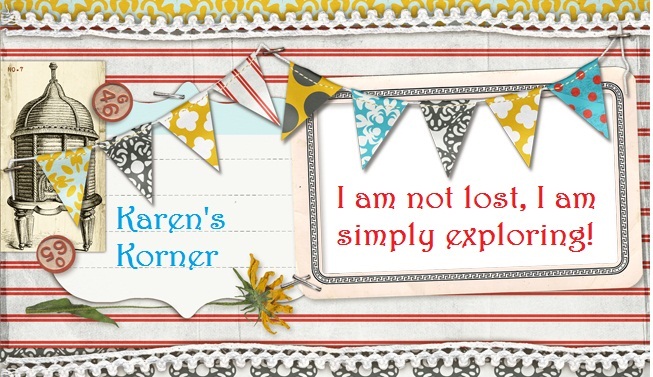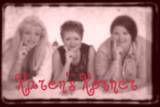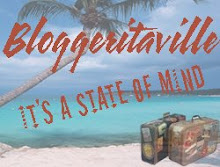I figured today I would talk on a battle most everyone knows about, Gettysburg. Gettysburg has always been one of my favorite historical battles. When I was young my father told me it was begun over shoes. I used to have this vision of two men fighting over one pair of shoes. Of course that was before I started school and learned about Gettysburg and visited the Battlefield and felt the pain and agony of this haunting place. It is a place on earth that touches the core of you. "Ten weeks after the battle, Confederate general Henry Heth, a Virginian whose troops were the first to engage on July 1, filed a now-famous report in which he explained why he had sent a portion of his division into the small Pennsylvania town. "On the morning of June 30," Heth wrote, "I ordered Brigadier General [Johnston] Pettigrew to take his brigade to Gettysburg, search the town for army supplies (shoes especially), and return the same day." That parenthetical phrase "shoes especially" has taken on a life of its own over the years. A 1997 newsletter of the American Podiatric Medical Association is typical—it claimed, perhaps due to its interest in foot health, that footwear was the battle's causa belli, adding, "There was a warehouse full of boots and shoes in the town." The Confederate army at this time was threadbare and lacking necessities....like shoes. "The Union and Confederate armies collided unexpectedly at Gettysburg (in what, in military terms, is called a "meeting engagement"). It is also true that Heth's men—indeed, much of the Union Army—were short on shoes. A rumor had even been circulating that shoes were to be found in Gettysburg, despite the fact that Jubal A. Early's men had been through the town a few days earlier, demanded a ransom that included 1,500 pairs of shoes, and come away empty-handed. It is not true, however, that there was a shoe warehouse or shoe factory in Gettysburg—only a carriage factory, a college, and a finishing school for girls. Finally, shoes were only part of the reason that Heth's men, in his own words, "stumbled into this fight" on July 1. True, the army was footsore; but, more importantly—figuratively speaking—it was also blind. Confederate cavalry under J. E. B. Stuart had been missing for almost a week on a long ride around the Union army. As a result, Heth and his boss, A. P. Hill, had no idea what was in front of them. Heth was not supposed to start a battle; in fact, he was under specific orders from Robert E. Lee not to do so. The Virginian—new to his command and an old favorite of Lee's—started one anyway, a "reckless act," according to historian Stephen W. Sears, and perhaps even an insubordinate one.
Finally, from a literary standpoint, "shoes especially" represents the perfect detail, quickly translating abstract historical forces into blisters on aching feet and the smell of new shoe leather."
















































No comments:
Post a Comment